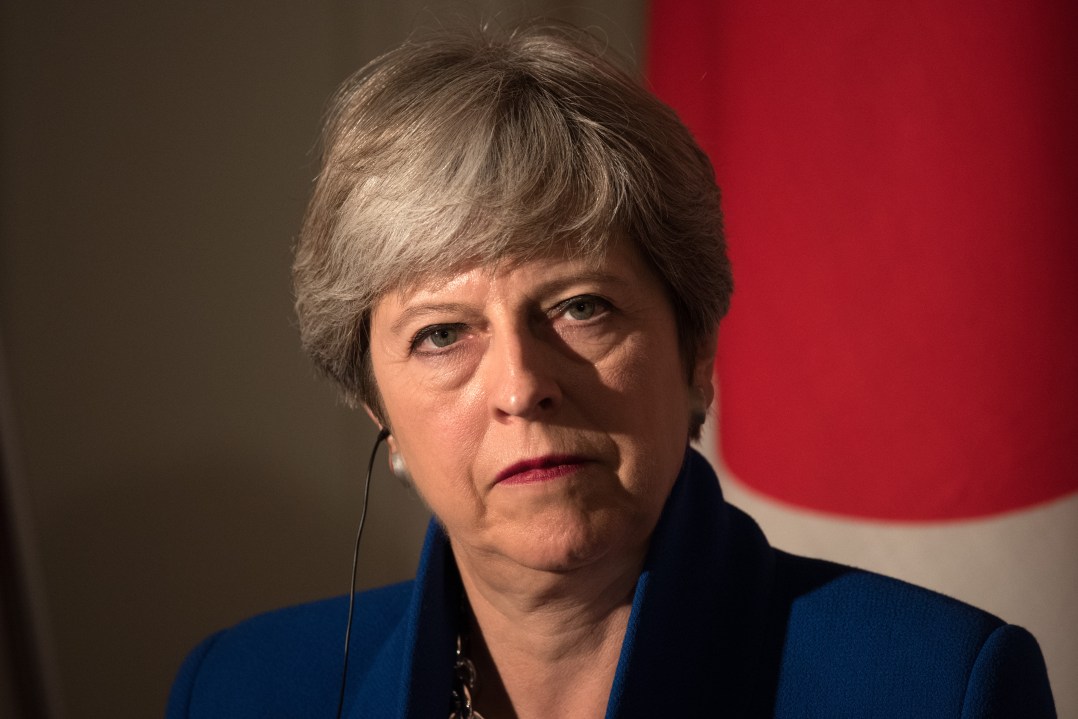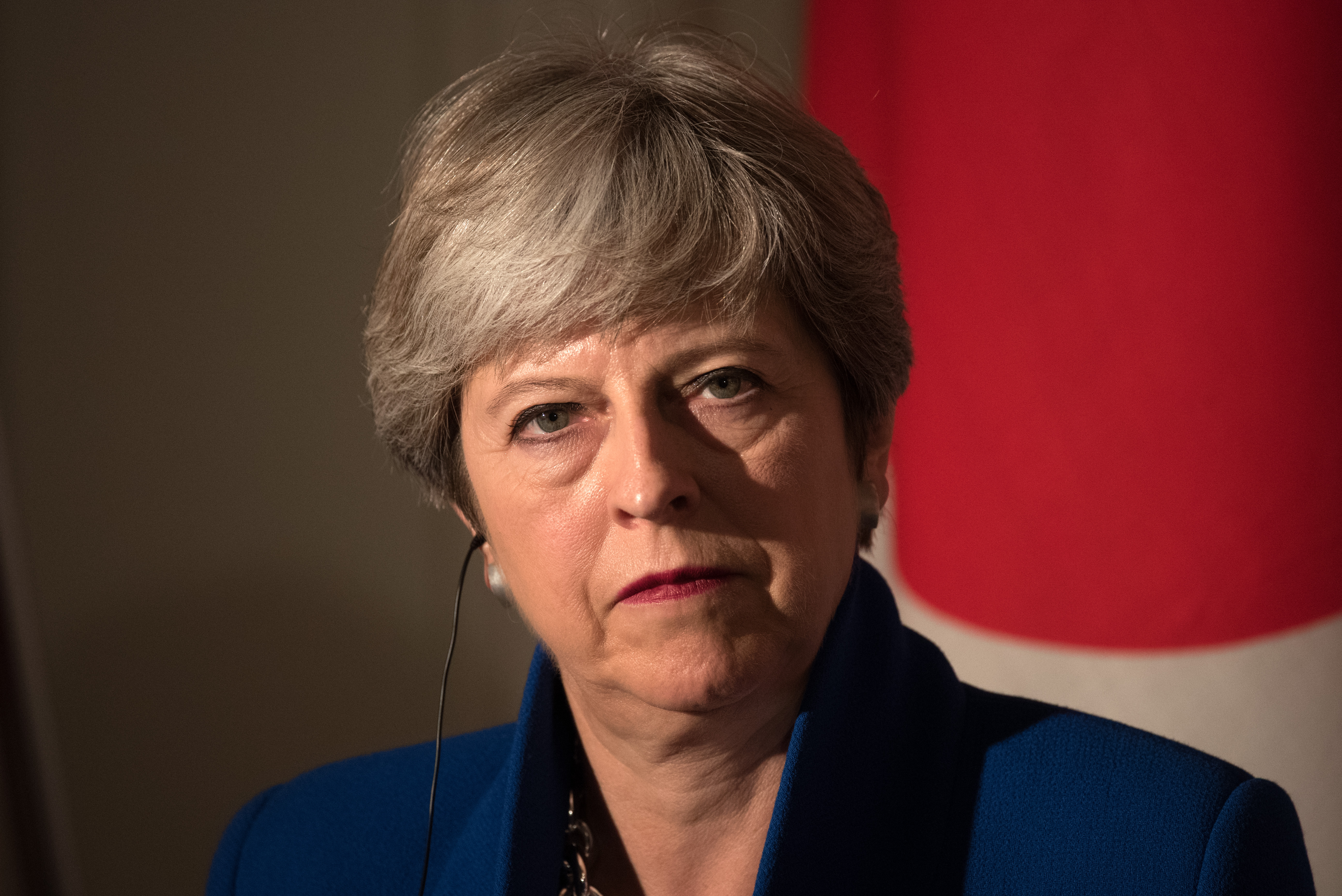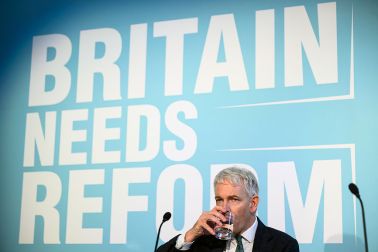Britain will have to pay some kind of Brexit bill to leave the EU, accepts the Sun. But that shouldn’t mean having to ‘pay a penny more than is due’. The Sunday Times reported yesterday that Theresa May is considering offering £50bn to keep Brussels happy. The Sun has a simple message: we hope that Brexit secretary David Davis is telling the truth when he describes such reports as nonsense. It’s not only the PM who comes under pressure in the Sun’s editorial today; the paper also takes aim at Brexit chief negotiator Michel Barnier for saying the UK needs ‘educating’ about the price of leaving the EU. ‘Perhaps some education is in order in Brussels’, suggests the Sun: after all, ‘it is in Europe’s best interests to have a good relationship with the UK after we leave the EU.’ And if Britain turns its back on the EU if things get acrimonious, ‘Barnier will not be thanked by the continent’s political and business leaders ‘.
Theresa May ‘has returned from her summer break invigorated’, says the Times. In the days after the disastrous June 8th election, it looked like her time in Downing Street could end within days. Now, there is talk of her conducting a reshuffle as she seeks to shore up her authority. But the PM would be wrong to move her ministers around, suggests the Times. Instead, if she wants to impose her authority, ‘the most important thing that Mrs May can do’ is ‘dirty her hands’ in Brexit talks. The current strategy – which involved, at the weekend, David Davis ‘denouncing the EU’s chief negotiator, Michel Barnier, as ‘silly’’ – is not a good one, according to the Times. And the government and country would benefit from the PM wading in more frequently. What’s more, it would also help ‘to unglue the negotiation’ and, in so doing, make her a ‘more indispensable’ political figure. Yet it shouldn’t only be about Brexit for Theresa May, and ‘there is plenty of work going through departments with which she could choose to identify herself’. Whether it’s ‘universal credit’, shaking up social care or the government’s industrial strategy, there is much for the PM to make her own. The Times concludes by saying May’s safest bet for clinging on in Downing Street is to act ‘rather than merely shuffle her pack.’.
Meanwhile, the Guardian focuses on the huge cost of refurbishing the Palace of Westminster. The total bill for repairing the building will come in at ‘at least £3.5bn’, says the paper. Politicians are understandably wary about moving forward with this plan, given the public’s ‘allergy to the sight of politicians spending money on themselves’. But while the case for the costly refurbishment is not ‘an easy argument’ to make, the Guardian says it is a vital one. In the mean time, as work goes on, there is another unanswered question: where should MPs meet in the interim? The Guardian says it wouldn’t work to decamp to another city. Yet even if staying put in the Westminster area remains the best option, this saga still presents a good opportunity for reform. ‘The move would raise fascinating questions about the need to replicate habits that are tied to the layout of the current chamber – voting by trouping through “aye” and “no” lobbies, for example’. While ‘archaic linguistic protocols’ might also ‘seem doubly peculiar’ in a ‘modern’ building. Perhaps the temporary relocation of Parliament could be the ‘breath of fresh air’…‘the whole enterprise’ badly needs, suggests the Guardian.








Comments